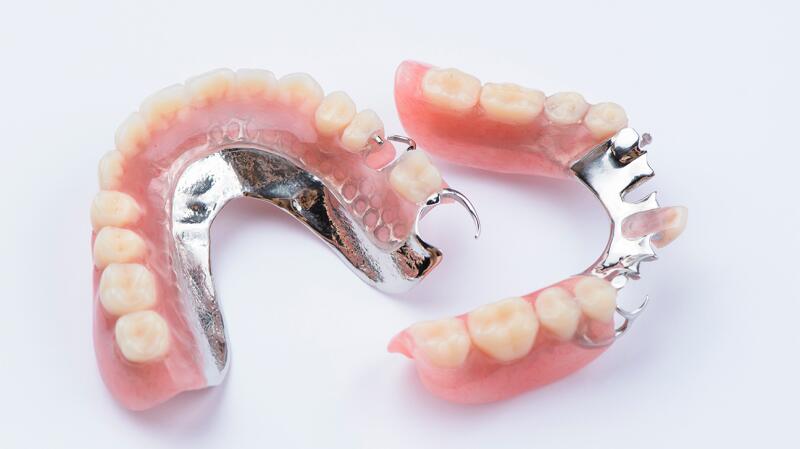
Partial dentures can be an excellent option for replacing missing teeth and restoring your smile. But this does not guarantee that your experience with partials will be trouble-free. Partial dentures take some getting used to, and you may notice that the first few days or weeks are an adjustment phase during which you may feel discomfort and change. Most typical denture difficulties, fortunately, do not endure forever, and there are methods to help you alleviate them. A family dentist in Denver can tell you more.
If you are considering getting partial dentures or are already wearing them, read about the common problems of partial denture users and how to overcome them.
- Sore gums
It is common to experience sore gums or mouth pain when adjusting to your new partials. You may feel discomfort as you adapt to a new appliance in your mouth. See a dentist if you are experiencing pain due to ill-fitting dentures. Ill-fitting partial dentures might put too much pressure on your gums, causing ulcers or infections. Modifying the denture to fit properly may help, but only a professional should do it.
Keep in mind that it is natural for your mouth to start changing. Your gums and jawbones will gradually recede and shrink with time, affecting the fit of your partials. Adjusting the denture may be needed over time, and you should call your dentist to schedule any modifications and follow-up appointments.
- Too much saliva
When you initially put on your partial dentures, you may find that your mouth is salivating more than usual. This is a frequent partial denture issue that will disappear as your mouth adjusts to having a foreign thing. Once this problem fades, you can swallow more frequently or consider sucking on a mint or some sugarless hard candy.
- Unnatural feel
As previously stated, you and your mouth must become accustomed to the sensation of having something new in there. For a while, it may seem strange, as if your lips are being forced out or you have an odd, thick mouthfeel. This sensation should fade as you become used to it. You might not even notice your partials after a while.
- Difficulty speaking
Speaking with dentures requires practice, whether talking with family, calling a friend, or reading aloud to yourself. The more you speak, the easier it may be to pronounce difficult consonants and articulate effectively. After a period, your mouth muscles and tongue will have adjusted, and you can converse confidently.
 Living With Healthy Hunger Health Blog
Living With Healthy Hunger Health Blog

